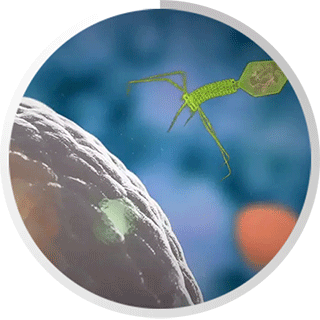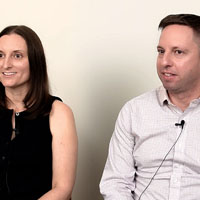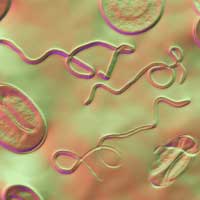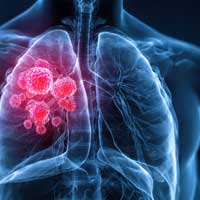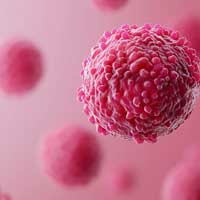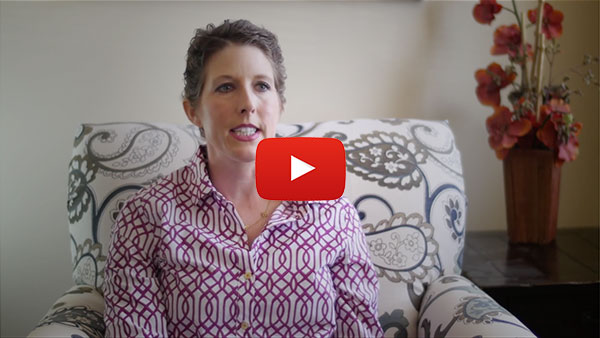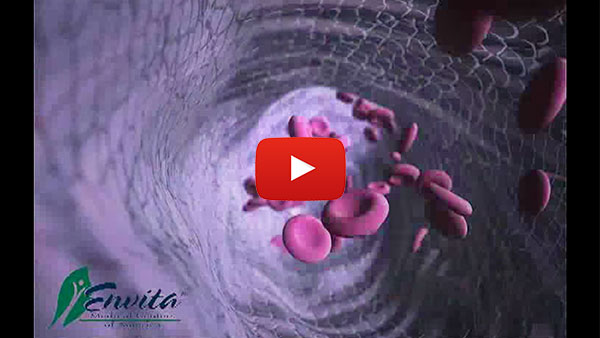Vital Cancer Options Most People Are Unaware of

When someone is diagnosed with cancer, a lot of thoughts will race through their mind. Fear. Panic. Depression. Worry. But perhaps the most important thought is Survival.
When caught in the earlier stages, cancer survival is more likely, usually via surgical removal. Higher stages and metastasized cancers don't have as much luck and that's where the fear comes from. In recent decades, there has been a surge of cancer Center with the primary goal of managing patients until their eventual move to hospice. To break through this vicious cycle, you need to go deeper and discover personalized information about your cancer and its treatment.
Therefore, it's vitally important that the cancer treatment you receive be exactly what you need, nothing more, nothing less. But no cancer is exactly alike. Even tumors found in the same area of the body can have completely different genetic codes.
In the conventional cancer world, you can expect to find an one-size fits all methodology. The same drugs will be used to treat vastly different tumors and often make the cancer worse. The one size fits all protocol is, in part, to blame for poor outcomes. Most unique approaches and philosophies are ignored by most oncologists, who claim it is unproven.
Luckily with better education, you have choices. In the world of advanced integrative medicine, there are more options, options that have been personally tailored to you using genetic coding and in-depth testing. Just knowing all of your options, rather than blindly following the same steps as everyone else, will help to ensure your cancer will be treated with more personalization. Let's compare and contrast some of the different options you can find and some of the other obstacles cancer patients will face.
Genetic Testing
Your typical oncologist really only does one of three specialties: chemotherapy, radiation and surgery. Much of their treatments depends on their skill level, equipment and access to technology. The philosophy here is treat, treat, and treat, than later refer to a hospice. This type of "management" means big money in the cancer industry.
For the most part they all use a "one sizes fits all" protocol with small modifications, using data that comes from researchers treating the same cancer types with the same treatment methods. But because everyone's cancer is genetically different, it doesn't really work. That's why when people hear the word cancer, it's associated with suffering.
It's not like giving a proven antibiotic for a targeted infection that works almost all the time for almost all people. However, the cancer industry uses the same treatment philosophy as the antibiotic treatment, so it's not surprising when it really doesn't work for most patients. Targeted radiation, early surgery and new advent of immunotherapy against most cancers is helpful. But so much personalization is missing and that's what we focus on. Let's cover some basic rules.
Cancer Should Never Use A Single Protocol Treatment
Cancer, as you know, is a mutated group of cells that the immune system does not recognize to kill. The number one reason cancer ends in death is because of metastasis, or spreading throughout the body. But there are several mechanisms cancer can grow or spread – so why are there only a few treatment options?
Basically, your run-of-the-mill oncologist will says, let's keep trying variations of treatment, run more imaging and keep trying. Some improved results in the short-term are followed by a return of the disease, often worse than before. Welcome to refractory treatments pilling up, meaning nothing seems to work, while the patient grows weak and wasted.
Unfortunately, this summarizes the failed cancer model that has been used for decades. We all know someone that has gone through this. When a patient walks into the most established, massive and respectable institutions, they seem to provide initial comfort. But months later, the disappointments of failed treatment and more management of chemotherapy, radiation, resulting in more weakness and wasting reminds us why we were scared about this disease in the first place.
After heart disease, cancer is the second biggest killer in the United States, claiming almost 575,000 lives per year. [3] However, iatrogenesis (illness or death caused by medical treatment) is probably an even greater killer, because such a small percentage of deaths are actually reported. Dr. Doug Henderson has said, "Each year more Americans die from preventable deaths due to our medical system than all military causalities in the two world wars combined. This is tantamount to medical genocide." [4]
That isn't to say that the conventional model is without its benefits. Chemotherapy, the most commonly used treatment for cancer, does have some success. But it can be devastating, causing your entire body to go through excruciating pain as the side-effects are known to do. Worst of all, cancer can come back and be even more deadly. The risk of recurrence is different for each patient, but the result is often the same. [1]
Once one form of chemotherapy is exhausted, another regimen is recommended and oncologists will continue using different protocols until a person is forced into hospice. Additionally, patients are often rushed into chemotherapy or surgery before they've had a chance to put the pieces together.
When cancer returns or chemotherapy fails, that's generally when patients begin exploring "alternative" options, including, in worse the cases, hospices. The important thing is that patients need cancer awareness now. It could make the difference in survival.
In the future, this disease will be treated with targeted genetic testing with minimal side effects, targeted ultrasound (like HIFU), important nutrition, detoxification and removal of causative agents. This is what we have been doing for over a decade, and almost all our cases have been late and complex disease that have failed everything else.
Some of the many different treatments that advanced integrative medicine offers includes Genetically Targeted Fractionated Chemotherapy (GTFC™), advanced immunotherapy, intravenous nutritional therapy, oxygenated metabolism and much more. To learn more, read this article "What Every Cancer Patient Needs To Know" or our numerous other reports and videos, to better understand what may be missing from your cancer treatment plan.
Obamacare Is Actually Going To Complicate Things For Cancer Patients
Universal healthcare appears to be a great idea and seems to be helpful in treating general illnesses. However, for cancer and chronic disease, this represents a different story. In an area of medicine that has yet to be mastered, the treatment plan pushed on each patient will continue to be "one size fits all" programs in order to reduce the cost of care.
Nevertheless, the Affordable Care Act is law and it's what we have to look forward to. In the process, preexisting healthcare programs will be cut – in particular Medicare. Unfortunately, according to many publications such as Medscape, this means that there will be less access to cancer care.
As more oncologists feel the pinch, they are beginning to limit access to Medicare patients, meaning the quality of cancer treatment is going even further downhill. This makes it even more important for people suffering from cancer to find the care they really need, getting educated and taking control of their family's health, especially when it comes to cancer treatment.
In our opinion, patients need more customization, attention to detail and not the same old, same old. As we've all heard, the definition of insanity is doing the same thing over and over again and expecting different outcomes.
While cancer technology is getting better, that doesn't mean it's more available. Patients can forget about insurance covering anything other than a "one size fits all" model. Why? Because another way government regulators force its agenda on people is the way they make coverage available. Remember that the government (Medicare) covers treatment first, then other private groups insurance companies follow.
Universal healthcare may be useful for tried and true areas of medicine. For example, if you contracted bronchitis, it would be preferable to get a one-size fits all treatment at a lower, subsidized cost. After all, the antibiotics and treatment regimens have been done so many times over with success that it makes sense. These treatments have been proven to help most patients.
Cancer is not the same way. First of all, there is not yet a universal cure for the majority of cancers. In oncology, there is no cheaper routes or shortcuts. Going forward, we may find ourselves in a similar situation as Europe, where the patients find the best healthcare in the private medical Center that give them the personalization, technology and integrative medicine they need. Of course it's not covered by insurance, limiting it to those who value and can afford care.
How To Find The Cancer Treatment You Need
As you can see, the world of cancer treatment can be difficult to navigate, especially if you are emotionally exposed and vulnerable by the stress that cancer can cause. It's important to make a decision and remain calm during the decision-making process, so that you can ensure you will make the best choice in care.
To date, there are no singular methods to treat or cure cancers, but more detailed personalization will always give you better quality of life, and in our experience, a better shot at remission.
Most important is to become educated. If you're a spiritual person, turn to prayer to help find the right plan for you. We know that when late stage cancer patients live over ten years with remission, we as physicians know we've done our job. Until then, we should never stop giving people the absolute best customized and personalized cancer treatment available. If you have any questions about your cancer treatment and would like to discuss your options, contact us today. We're happy to talk to you.
If you have any questions about how our Genetically Targeted Fractionated Chemotherapy can help you, contact us today.

